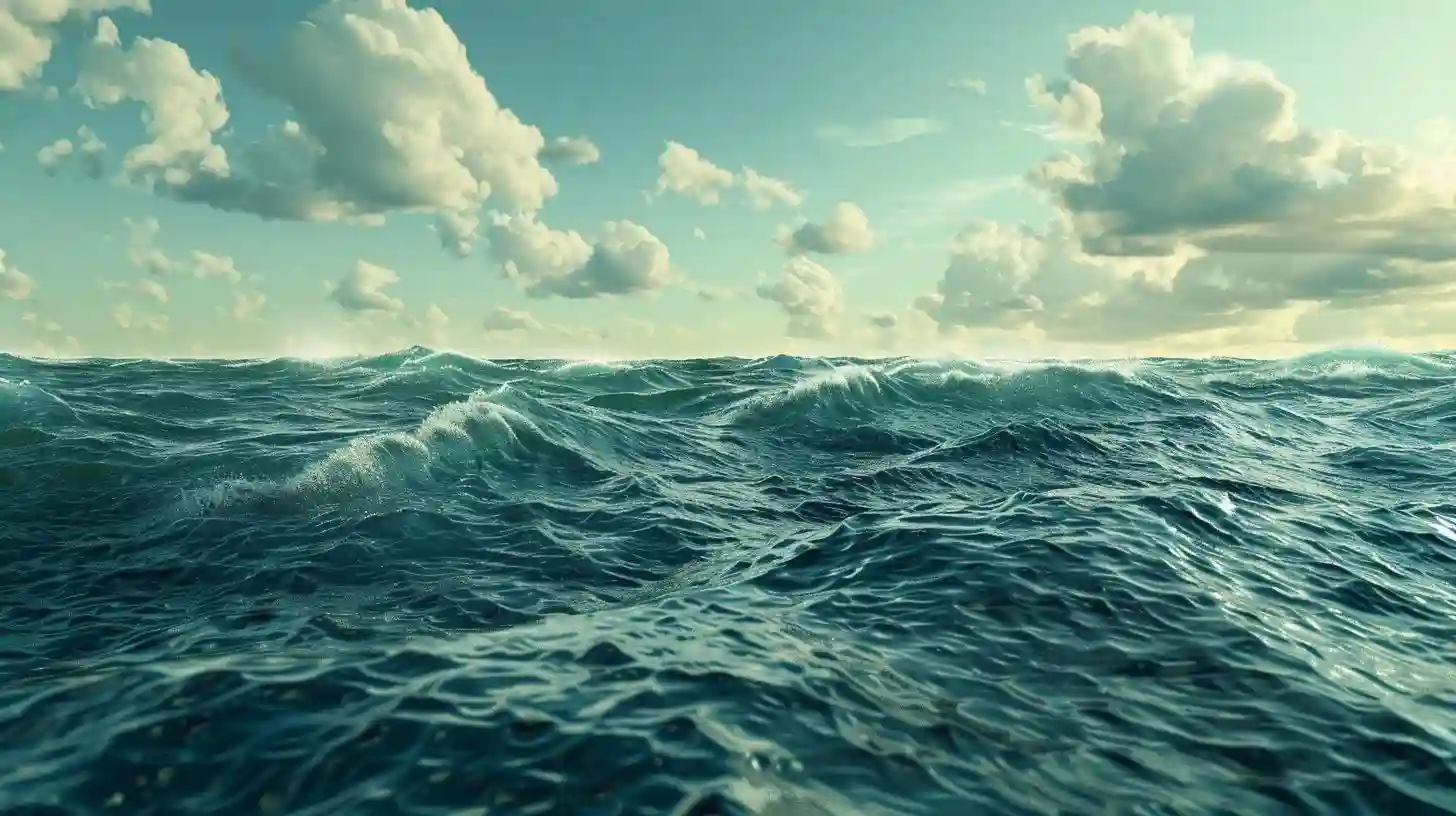
Marine pollution: a global crisis
Marine pollution is a growing problem that threatens the health of our oceans and the marine life that depends on it. Pollution from land-based sources, as well as from marine activities, contributes to the degradation of marine ecosystems and poses a significant risk to human health.
The scale of marine pollution is truly staggering. Every year, millions of tons of plastic waste enter the oceans, clogging waterways, beaches and coastlines. Plastic pollution is particularly harmful to marine life, with animals becoming trapped or ingesting plastic debris, causing internal damage and ultimately death. In fact, it is estimated that more than 700 marine species are affected by plastic pollution, which has devastating effects on their populations.
Apart from plastic pollution, marine pollution also includes chemical pollutants such as oil spills, pesticides and heavy metals. These pollutants can have a wide range of negative impacts on marine life, from disruption of reproduction and growth to genetic mutations and disease. Oil spills, in particular, can have catastrophic impacts on marine ecosystems, with long-term impacts on both the environment and local communities that rely on the ocean for their livelihoods.
Moreover, marine pollution is not just a local problem - it is a global crisis that requires urgent action. The interconnected nature of the world's oceans means that pollution in one part of the world can have far-reaching effects on marine ecosystems thousands of miles away. This is especially true for plastic pollution, which can travel long distances on ocean currents and accumulate in remote areas such as the Arctic and Antarctic.
The scale of marine pollution underscores the need for comprehensive and coordinated efforts to address the problem. Governments, industry and civil society all have a role to play in reducing pollution and protecting the health of our oceans. This includes introducing strict regulations to limit the discharge of pollutants into the ocean, promoting sustainable practices in industries such as fishing and shipping, and raising awareness of the importance of conserving marine ecosystems.
One of the key steps in the fight against marine pollution is to reduce the use of single-use plastics, which are a major source of plastic pollution in the ocean. This can be achieved through measures such as banning plastic bags and straws and promoting the use of biodegradable alternatives. Additionally, efforts should be made to improve waste management systems to prevent plastic waste from ending up in the ocean in the first place.
Another important measure is to strengthen international cooperation in the fight against marine pollution. This includes sharing data and best practices, and supporting developing countries to build capacity to address pollution in their waters. The United Nations has also played a key role in this regard, with initiatives such as the Global Program of Action for the Protection of the Marine Environment from Land-Based Activities (GAP) and the Clean Seas Campaign.
Marine pollution is a global crisis that requires urgent action to protect the health of our oceans and the marine life that depends on it. By taking action to reduce pollution and promoting sustainable practices, we can help preserve marine ecosystems for future generations. Each of us has a role to play in protecting the ocean and ensuring a healthy, prosperous marine environment for years to come.